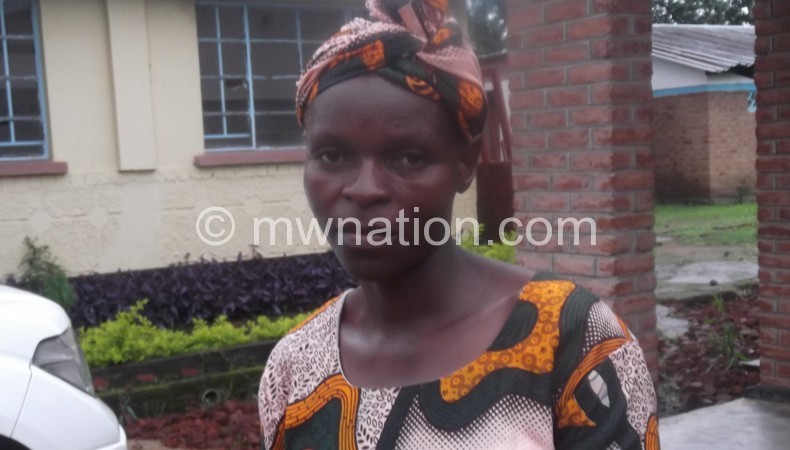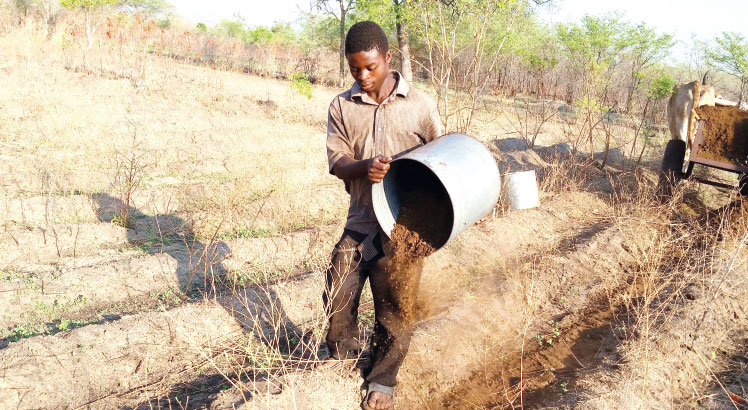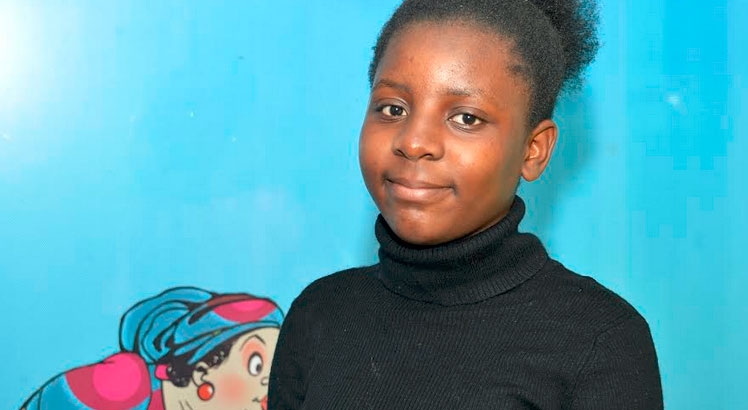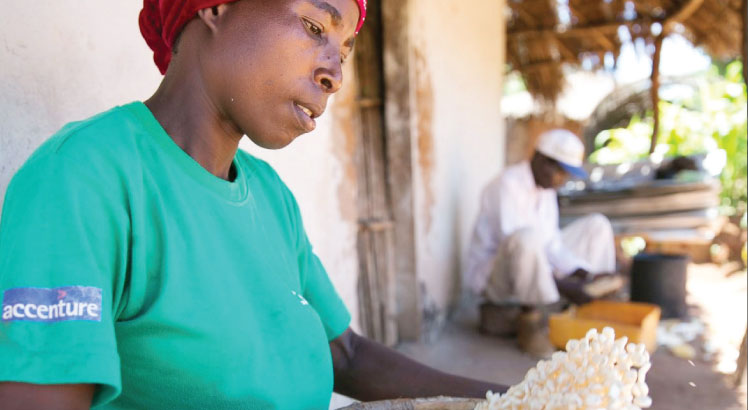Understanding the 50-50 Campaign
When Mercy Rabson of Kavala Village, Traditional Authority (T/A) Chamthunya in Balaka, heard about the 50-50 Campaign towards last year’s tripartite elections, she thought it was a gender equality issue which applied to political positions only.
“To me, gender equality was about ensuring that there is equal representation of men and women in political positions. That is why, when last year’s elections were over, I did not expect people and organisations to continue talking about the 50-50 Campaign,” says Rabson.

Balaka West Constituency, where she comes from, now has a female parliamentarian, Patricia Shanil Dzimbiri. Out of four constituencies in the district, Balaka West is the only constituency which has a female member of Parliament (MP).
To Rabson, having a female MP meant the constituency had won the fight for gender equality. Little did she know that there is more to the 50-50 Campaign than increasing the number of female MPs.
Rabson, 40, is not the only one who thinks that way. Many women in her area think that 50-50 Campaign is only about elections. That is why the Association of Progressive Women (APW), a local non-governmental organisation, recently conducted a sensitisation workshop in the constituency to enlighten people on what gender equality means in light of the 50-50 Campaign.
The training, which was funded by Norwegian Embassy through NGO-Gender Coordination Network (NGO-GCN), enlightened both men and women on the exact meaning of 50-50 Campaign by tackling a number of issues ranging from good governance to citizens’ active participation in both political and economic activities.
APW board vice-chairperson Roseby Dinala says the 50-50 Campaign is not only about political elections, but also other issues, including health, access to education and land resources, among others.
“There are a lot of challenges that women face that should be solved so that they enjoy the same rights as their male counterparts,” says Dinala.
She says gender equality is achieved only when women’s rights are respected, not only by putting women in leadership positions.
“The understanding is that when women hold top positions in the country, it will mean that their problems such as maternal health, access to land and education will be easily sorted out to work towards their good,” says Dinala.
She explains that the 50-50 Campaign also seeks to ensure that women are economically empowered.
“APW encourages women to speak out on both economic and political issues that are happening in a wrong way in their wards, constituencies and nation.
“Women should not only talk about issues to do with 50-50 representations in Parliament, but also in economic issues. Women should have a role in the economic growth of their country,” she says.
The 2013 African Economic Outlook reveals that sub-Saharan Africa has experienced notable economic growth, but there are questions of where women are in this growth.
“Growth has averaged 5.1 percent since 2000 and doubled the average growth rate of the 1990s,” reads the report.
The report predicts continued growth for the coming years, but raises the question as to what benefits accrue to women when economies experience such growth.
T/A Chamthunya of Balaka says there is more that people need to know about the 50-50 Campaign.
“I was one of the people who thought the 50-50 Campaign was about elections only. But through the sensitisation meetings by APW, I have learnt that there is more to the 50-50 Campaign. I now know that women should be economically empowered, apart from being politically involved in governance issues,” says Chamthunya.
The traditional leader says although he is happy that his area produced a female parliamentarian, he is still not satisfied with women’s development in his area.
“Many women in this area are struggling economically. They need to be economically empowered and know their rights. That is when I will say gender equality has been achieved in my area,” he says.
Chamthunya urges organisations to assist women in his area with business capital.
“When women are economically empowered, cases of gender-based violence will reduce,” he says.





